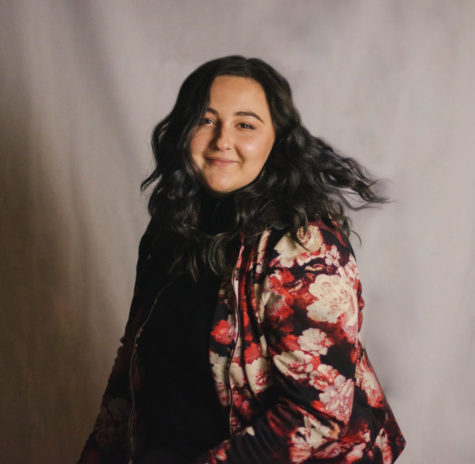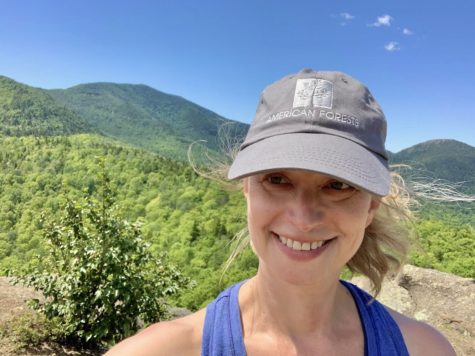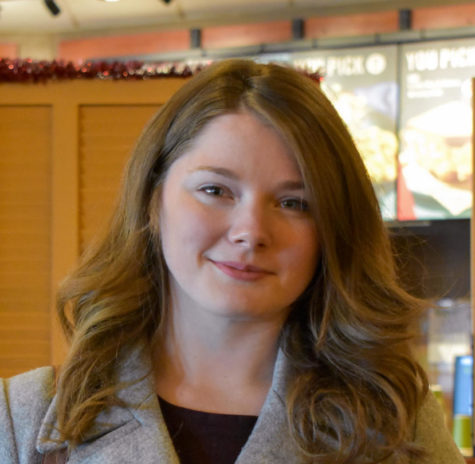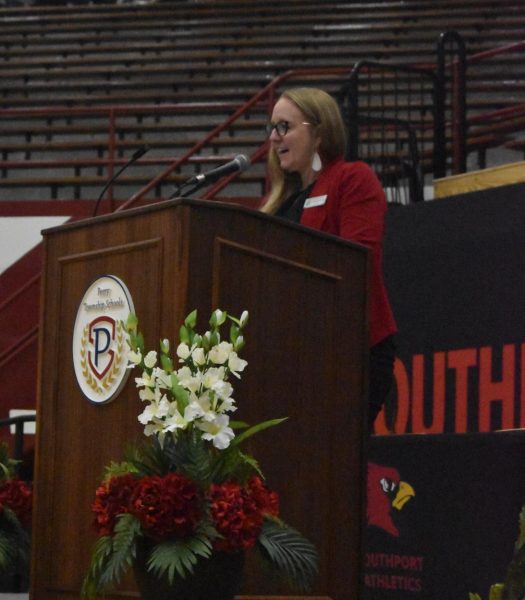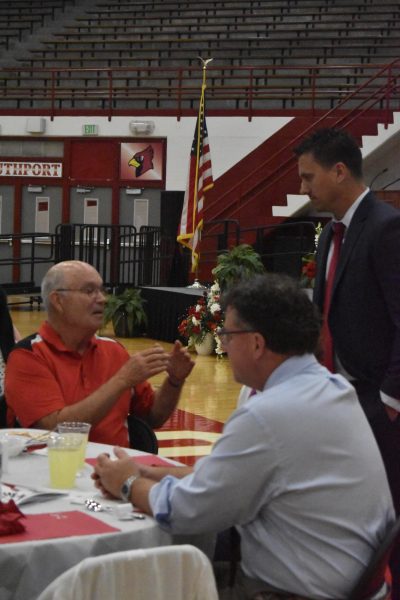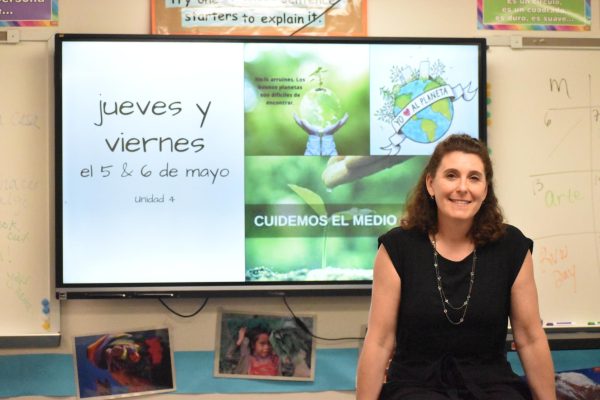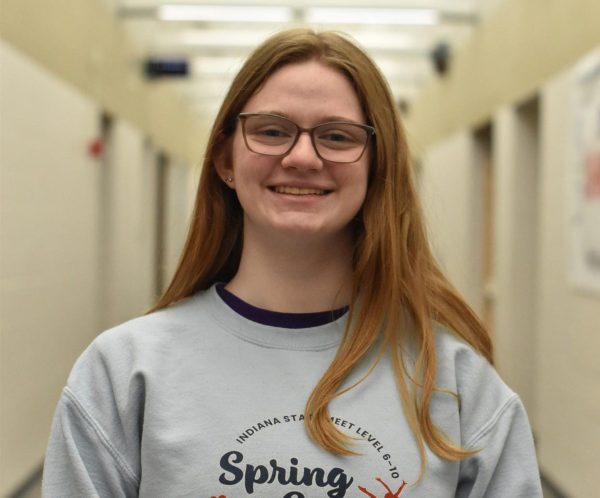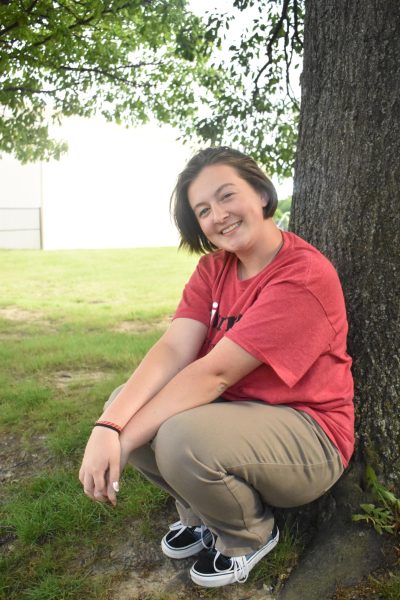Q&A with Andrew Tapp
Q: How has being on The Journal affected you in life?
A: All three years taught me something incredibly different, but I couldn’t see myself being the person I am without the experience each of those years.
Q: How was going from a news writer to news editor and then to the Editor-in-Chief? How was that? How was it different? Did each part give you different skills that you use now?
A: All three of those jobs were fundamentally different. When I was a news reporter, it really helped bring me out of my shell. I used to be such a shy, quiet, introverted kid. I am still an introvert, I just hide it better now.
Q: Why did you decide to change from a newspaper to a magazine format?
A: We remember walking around on Fridays and seeing a ton of newspapers left over at the end of the day and we were like, “people aren’t picking it up to read it.” Then, we were looking at other schools websites and at some of their print formats as well and were like, “well a lot of these schools do magazines what if we went to a magazine?” It accomplished a multitude of goals, and also it forced us to change. We had to think about how to design a magazine vs. designing a newspaper.
Q: Did you ever want to go into journalism as a profession?
A: No, actually I didn’t even want to do paper staff my older sister was like “just take one semester of journalism just see if you like it,” and within the first week of journalism class I fell in love.
Q: What are you studying in college?
A: I have a double major in bible, theology, preaching and church leadership.
Q: In high school, you advocated for the New Voices bill. What was included in that bill?
A: So basically, it was removed. The best way to say this. Basically, the bill would guarantee that students and advisors were responsible for the content that was put out in their publications … thus, removing the right of principals to censor content.
Q: I heard that you won State Journalist of the Year. How did you get that award?
A: So to get that award, there was an in depth application process. I had to create a portfolio and send in transcripts, resumes, recommendation letters and all sorts of stuff. It was quite a process to turn it all in and get it done. But, let’s remember Filbur’s recommendation letters for me. I know Klop wrote one obviously, Mr. Knight wrote one for me as well as Diana Hadley, who is the former IHSPA Executive Director. The three of them wrote recommendation letters for me. And then I turned that in late January early February. Then, we had the first amendment symposium in March, which I spoke at as a member of the IHSPA board. I gave my speech and everything. And then at the end of it, they started awarding.
Q: Is there anything else you’d like to say about The Journal or your experience?
A: I would just say, being in The Journal was probably the most life-changing part of my high school experience. I mean, by far it taught me so much. It led to some really great friendships, and I couldn’t imagine being who I am without it.
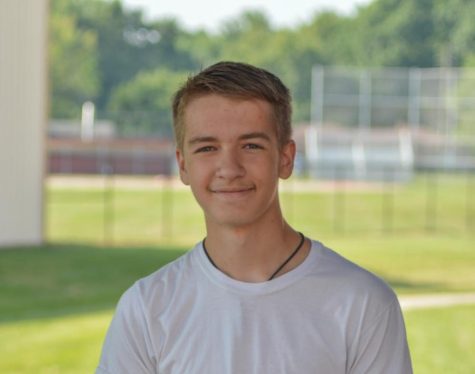
Hello everybody! My name is Kevin Rogers and I am a sophomore. I am the business manager and also a part time writer for The Journal this year. It is my...




